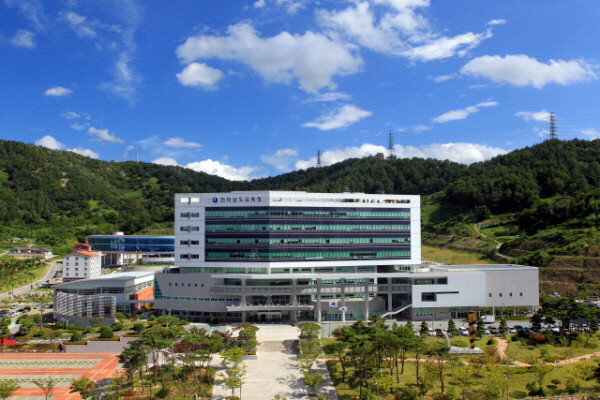
Seoul, South Korea – Starting next year, South Korean high school students will be able to choose and complete courses based on their career paths and aptitudes, under a new high school credit system that guarantees achievement standards.
The Ministry of Education announced on December 31 that students entering high school in 2025 will be required to earn at least 192 credits over three years to graduate.
Under the current system, high school courses and academic management are based on "units," but from next year, they will be based on "credits," and the graduation requirement will be changed from 204 units to 192 credits.
One credit is equivalent to 16 50-minute classes, meaning students must attend a total of 2,560 hours of classes over three years. However, to prevent students from taking all their classes in the first and second years and fewer in the third year, they must earn at least 28 credits per semester.
To facilitate students' freedom to choose courses, schools and education offices will provide career and academic planning consulting, and offer various course options through joint education programs and online schools.
The "Neulbom School" program, which was fully implemented in all elementary schools for first-graders this year, will be expanded to include second-graders.
Neulbom School is a program that allows elementary students to use childcare services or educational programs at school from 7 AM to 8 PM. The program was fully implemented for all first-graders in the second semester of this year.
To support student growth through the provision of various educational resources and alleviate the difficulties and burdens of childcare, the government will also expand child care support services.
Currently available to 110,000 households with incomes below 150% of the median income, the service will be expanded to 120,000 households with incomes below 200% of the median income. Additionally, a new hourly childcare subsidy of 1,500 won will be introduced for infants.
Support for single-parent families will also be expanded. To provide a stable child-rearing environment, child-rearing allowances will be increased starting January 1, 2025.
The current allowance of 210,000 won per child per month will be increased to 230,000 won, and for single-parent youths under the age of 24, the allowance will be increased from 350,000 won to 370,000 won per month.
A child support advance payment system will also be introduced on July 1, 2025. Single-parent families with incomes below 150% of the median income who are unable to receive child support will receive 200,000 won per child per month until they turn 18. The government will advance the child support and then collect it from the non-custodial parent.
[Copyright (c) Global Economic Times. All Rights Reserved.]






























